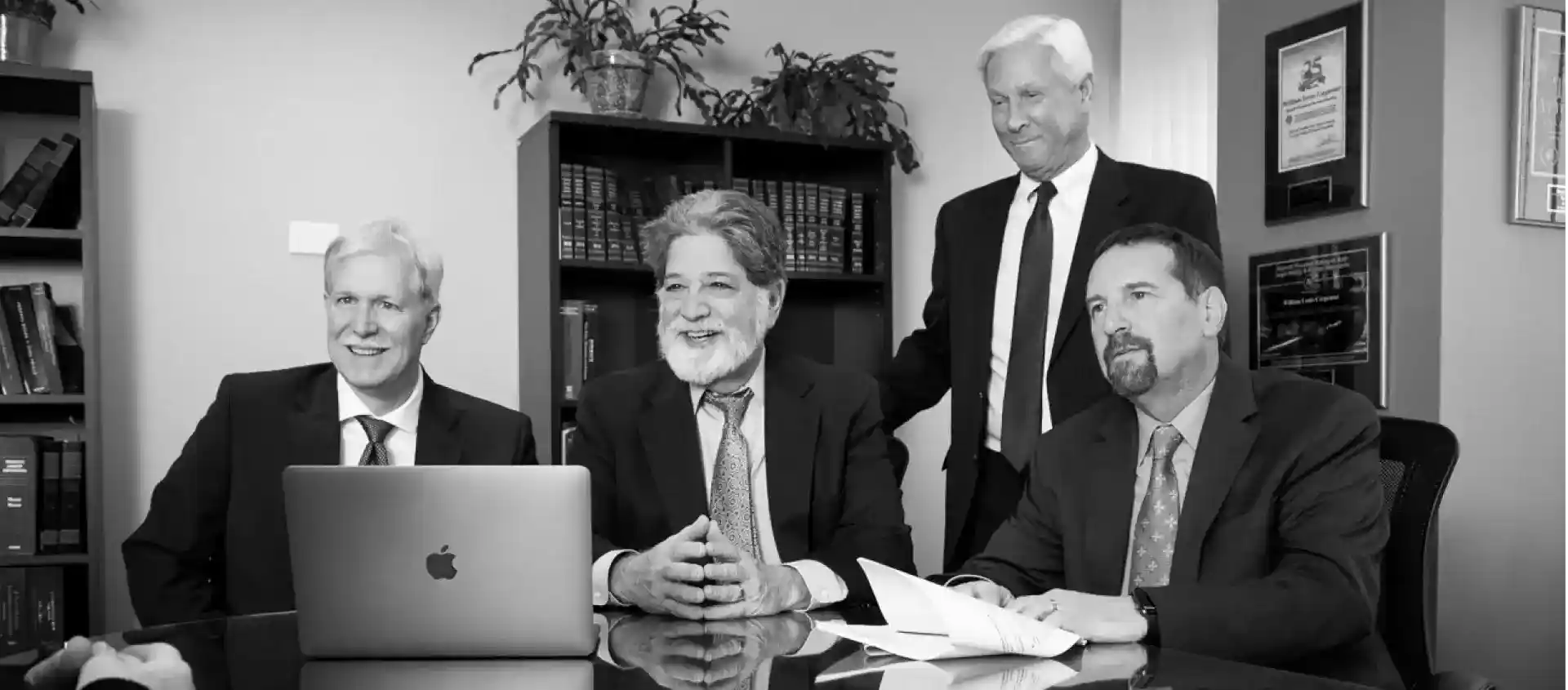
Wills and trusts are both estate planning instruments that allow you to give specific directives about how you want your property managed and distributed.
These legal documents could clear challenges others may face when deciding what to do with your assets when you are unable to do so yourself. However, there are differences between the two.
When the Document Goes into Effect
One key distinction between a will and a trust is when the conditions of the document are carried out.
A will designates how your personal belongings will be distributed after your death. A trust, on the other hand, becomes operational as soon as it is finalized.
That means assets covered by the trust can be managed during your lifetime and after death.
Assets Managed by Wills and Trusts
The property maintained by a will must be that which is in your name. Any joint assets will not be a part of the document and cannot be distributed upon death. You can also name guardians for minor children in a will.
With a trust, you must put your assets in the name of the trust. That means any property you wish to be distributed to beneficiaries must be included in a specific account.
You may also name a successor trustee to manage your belongings should you be unable to do so. Guardians for minor children cannot be named in this type of document.
Court Involvement
For the conditions of your will to be carried out, it must go through probate. That is, the distribution of your property will be handled in court. Because of the probate process, your will becomes a matter of public record.
Trusts allow for more privacy because they do not have to go through court.
For Trusted Legal Counsel, Contact Gerash Steiner & Blanton, P.C. – Your Initial Case Evaluation Is Free
Determining whether you should have a will or a trust requires thoroughly examining your situation, and it is advisable to seek the help of an experienced attorney.
Our lawyers know the intricacies of these types of matters and will work closely with you to gain an understanding of your circumstances.
We will provide supportive guidance, explain your options, and help you make a decision to meet your best interests and needs.
For dedicated and compassionate legal counsel, call us at (303) 732-5048 or contact us online.

